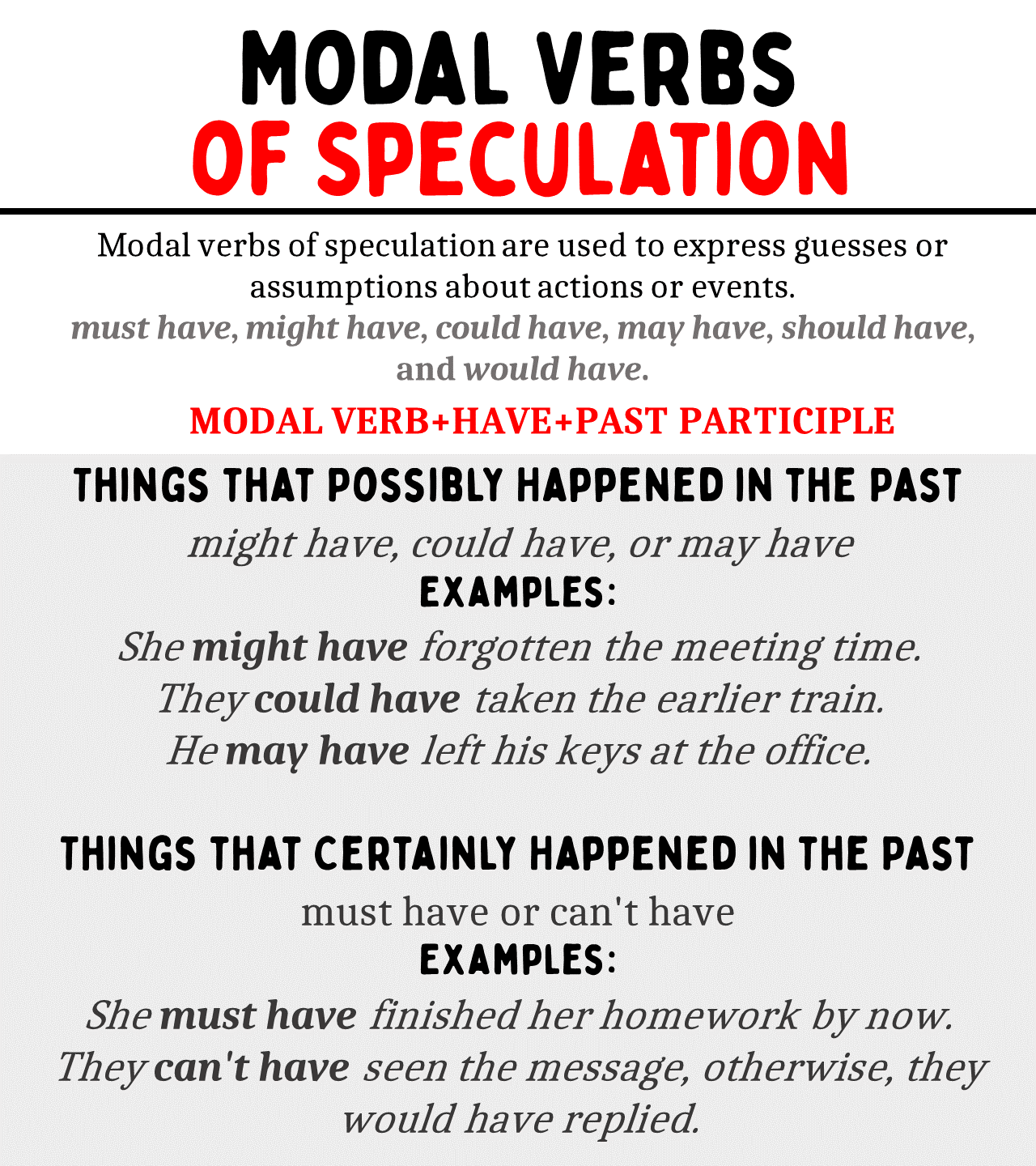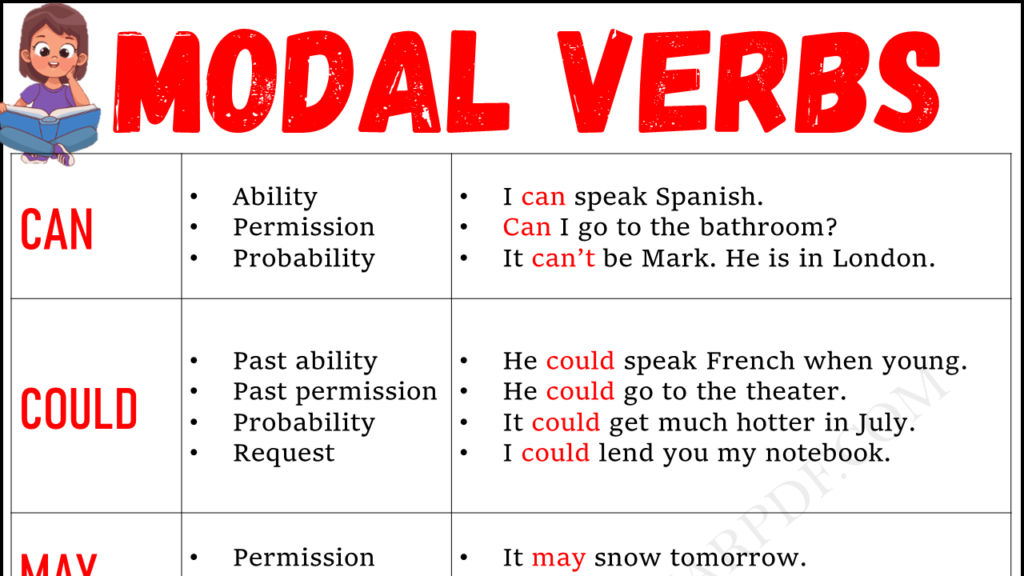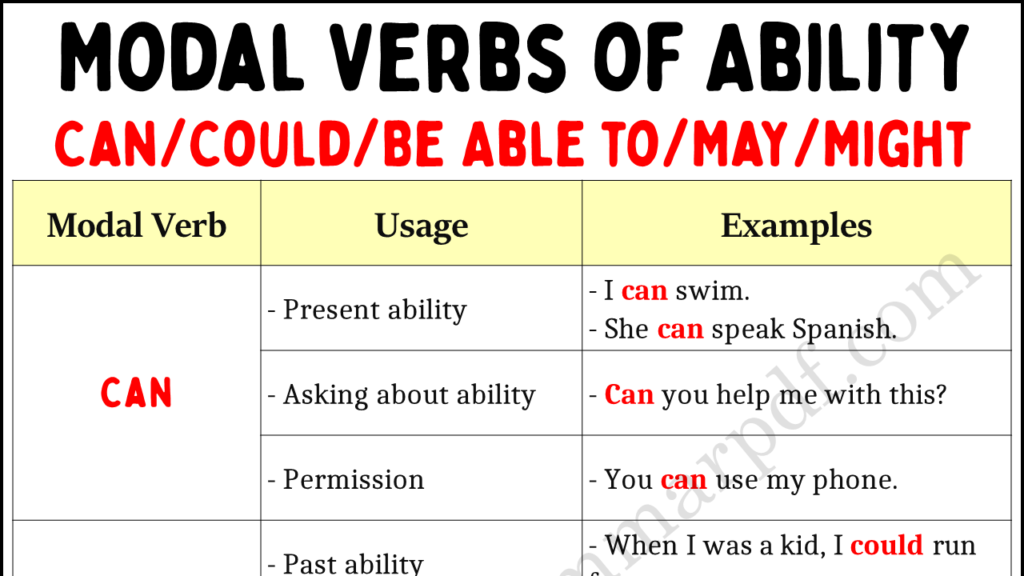Modal verbs of speculation are used to express guesses or assumptions about actions or events. These guesses can range from possibility to certainty. When we speculate about the past, we use modal verbs in combination with the perfect infinitive (have + past participle).
Basic Formula:
Modal verb+have+past participle
Common modal verbs used for past speculation include: must have, might have, could have, may have, should have, and would have.
Cases
i. Things that Possibly Happened in the Past
When we’re not certain about past events but think something might have happened, we use modal verbs like might have, could have, or may have.
Examples:
- She might have forgotten the meeting time.
- They could have taken the earlier train.
- He may have left his keys at the office.
ii. Things that Certainly Happened in the Past
When we are almost sure about what happened in the past, we use modal verbs like must have or can’t have.
Examples:
- She must have finished her homework by now.
- They can’t have seen the message, otherwise, they would have replied.
Examples
- She might have gone to the store.
- They could have missed the bus.
- He may have eaten the last cookie.
- She must have studied all night.
- They can’t have forgotten the tickets.
- He might have taken the wrong turn.
- They could have left already.
- She may have known about the surprise.
- He must have told her the secret.
- They can’t have broken the vase.
- She might have called earlier.
- He could have completed the task.
- They may have met before.
- She must have seen the movie.
- They can’t have heard the announcement.
- He might have been busy.
- She could have arrived late.
- They may have misunderstood the directions.
- He must have realized his mistake.
- They can’t have finished the project so quickly.
Exercise
Complete the sentences with appropriate modal verbs of speculation about the past:
- She __________ (leave) her phone at home.
- They __________ (not/see) the email, otherwise, they would have responded.
- He __________ (forget) about the meeting.
- They __________ (arrive) by now; it’s getting late.
- She __________ (know) about the event beforehand.
Answers:
- She might have left her phone at home.
- They can’t have seen the email, otherwise, they would have responded.
- He could have forgotten about the meeting.
- They should have arrived by now; it’s getting late.
- She must have known about the event beforehand.



